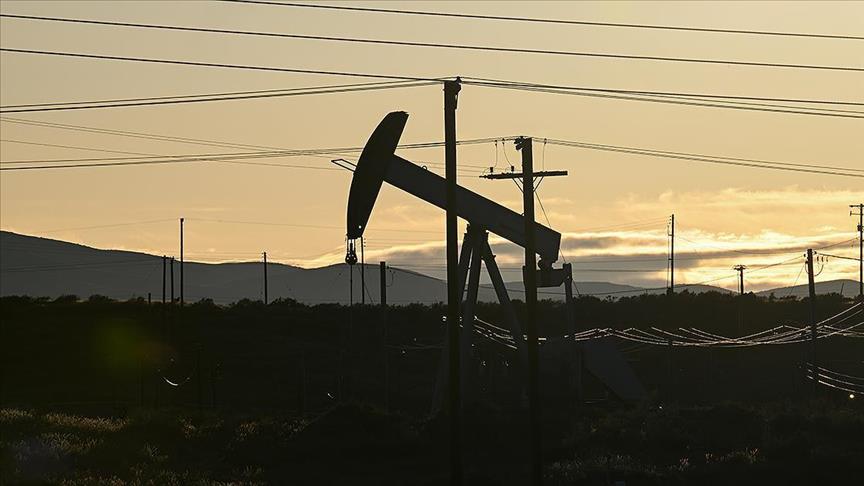Oil prices are heading towards a weekly increase on Friday with OPEC+ decision to hold off on increasing output, the US Federal Reserve's (Fed) second interest rate cut of the year and increased economic activity in both the US and China.
The International benchmark Brent crude traded at $74.66 per barrel at 3.27 p.m. local time (1227 GMT) on Friday, up by around 2.5% relative to the closing price of $72.84 a barrel last week.
West Texas Intermediate (WTI), the American benchmark, traded at $71.07 a barrel at the same time on Friday, an increase of about 2.9% from last Friday's session, which closed at $69.10 per barrel.
Oil prices rose on Monday following a decision by OPEC+ countries to extend production cuts and delay output increases by another month.
The OPEC+ group which include the Organization of the Petroleum Exporting Countries (OPEC) and other major producers, announced on Nov. 3 a decision to continue production cuts of 2.2 million barrels per day through December.
The group was expected to increase production by 180,000 barrels daily from December. The reduction in oil supply by major producers supported upward price movement.
Market players this week were mainly focused on the Nov. 5 presidential elections in the US and the Fed interest rate decision.
Donald Trump won his second term as president, beating Vice President Kamala Harris 277 to 224 in the electoral college vote in the 2024 election on Nov. 5. Trump has 75 days to assemble an administrative cabinet for when he is inaugurated on Jan. 20, 2025 and officially begins his second presidential term.
Fed made its interest rate decision on Thursday, a day after the election results.
The bank reduced interest rates by 25 basis points to the range of between 4.5% and 4.75%, in line with expectations. Fed Chair Jerome Powell said at a news conference after the decision that the US elections would have no effects on the Fed's policy decisions in the near term.
The move marks the central bank's second rate cut in four years. In September, Fed lowered rates by 50 basis points, exceeding expectations.
Analysts expect the decision to positively impact the country's economic growth and boost oil demand.
Also, according to media reports, Chinese regulators have urged banks to lower their interbank deposit rates in an effort to stimulate the economy.
Expectations that these measures will boost economic activity in the world's biggest oil importer and drive up oil demand also aided the upward movement of oil prices.
By Zeynep Beyza Kilic
Anadolu Agency
energy@aa.com.tr


